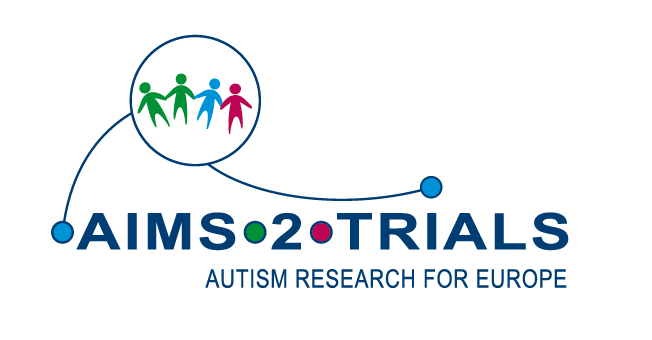
Multiethnic group of people seamless pattern
The genetics of autism are very complex. Some autistic people have a genetic syndrome associated with autism, like Angelman syndrome or dup15q syndrome, whilst others do not. Given the diversity of autism, it is important that research looks at the broad range of autistic experiences. This includes autistic participants with high support needs and intellectual disability, such as those who have rare genetic conditions.
One of our goals in AIMS-2-TRIALS is to facilitate autism research and clinical trials across Europe. An effective way to do this is to invite people to take part in studies or clinical trials that are based on genetics. To achieve this goal, we are launching a new study called EAGER (European Autism GEnomics Registry). Our hope is that EAGER will allow participants to be recontacted in the future to see if they would like to join new research studies and clinical trials that they are suited to, based on their genome (their complete set of genes), their clinical profile and their preferences.
Within EAGER, we will recruit autistic people and those with associated rare genetic conditions, in order to better understand the differences and similarities between the two groups. We will recruit 1,500 participants across 13 sites and 8 European countries – UK, Spain, Italy, Germany, Sweden, Ireland, France, and Portugal. The single point of contact will be at King’s College London, who are leading the study.
People who are interested in taking part in future genetic studies or trials will provide a blood or saliva sample, and their genome will be mapped out in a process called whole-genome sequencing. They will also answer a series of questionnaires on mental and physical health and quality of life, and share their thoughts on research priorities.
Our hope is that the EAGER registry will facilitate research across Europe, contributing to the development of evidence-based care for autistic people and those with associated rare genetic conditions across a range of intellectual abilities. The data from EAGER will be used to investigate the relationship between genetics and outcomes like mental and physical health and quality of life.
EAGER has been developed with input from our AIMS-2-TRIALS A-Reps, who have provided valuable guidance and insight. This included advice on key aspects of EAGER such as the content of participant-facing information (e.g. information sheets and consent forms) and the content of the questionnaires. We discussed autistic community concerns and risks associated with genetic research and data sharing via the Autism Sharing Initiative and other mechanisms. In addition to our A-Reps Working Group, we gained valuable insight from a Working Group dedicated to rare genetic conditions. This ensures that the views and wishes of both participant groups within EAGER are represented. We hope that this collaborative framework will continue to be improved upon in the future.
We have received ethical approval for EAGER for UK sites, and soon we will begin recruitment at other European sites following ethical approval at each site. The study will run until May 2025. We will continue to work with the A-Reps and the autism and rare genetic condition communities to ensure that the questions we answer with EAGER data are in line with community priorities. We hope that this will also guide the research towards providing genuine and meaningful impact for autistic people, as well as people with an associated rare genetic condition.







